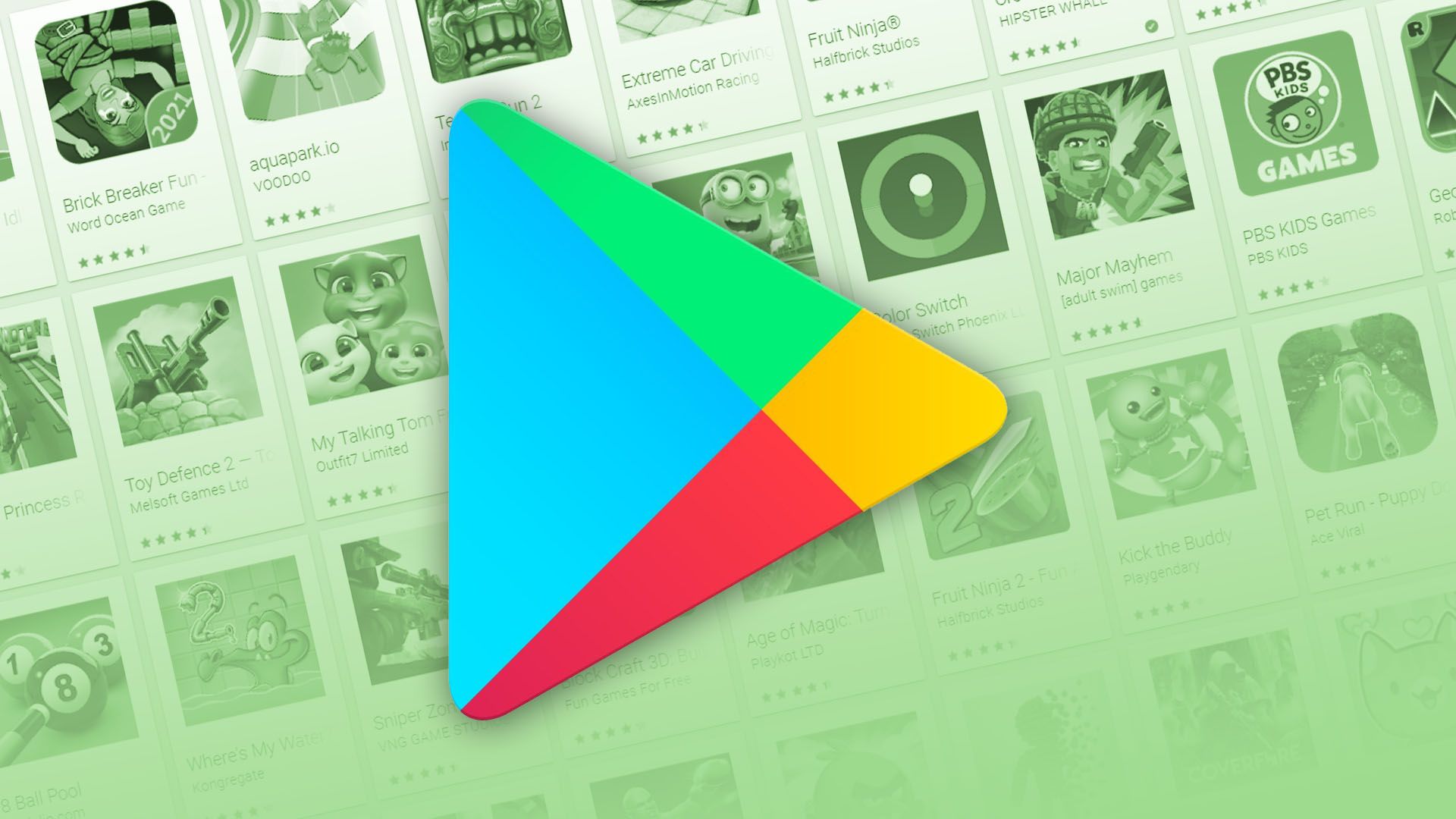For half a year there's been a huge storm brewing over app store platforms, the money that they make, and who gets to keep how much of it. It all came to a head when Epic dared Apple and Google to kick Fortnite off of the App Store and Play Store for working around the usual in-app purchase revenue split. Long story short: Apple and Google did just that, and the legal battle is ongoing. But the fallout is affecting other parts of the industry.
In November, facing increased regulatory scrutiny and public attention over the Fortnite fight, Apple announced the "App Store Small Business Program." It said that any developer that made less than $1 million in revenue a year from the App Store would qualify for a larger slice of the pie for app sales and in-app purchases: 85% versus the standard 70%. Today Google is announcing more or less the same thing for the Play Store.
In a post on the Android Developers Blog, Google VP of Project Management Sameer Samat said that Google will be cutting its revenue split rate to 15% on the first $1 million USD earned for every developer, each year. In an interesting departure from Apple's program, this is a universal change: when developers break the $1M mark, they won't have to then pay up an additional 15% for their first revenues for the year. Money earned in excess of $1M will get the old 30% cut.
The change will go into effect starting July 1st, and applies to "digital goods or services," so presumably it includes things like in-app purchases and subscription fees as well. In 2018 Google reduced its subscription revenue split to 15%, but only for users that remained subscribed after a year.
This will indeed mean that a lot of app developers will get a substantial boost in pay for the same apps. Google, once again mirroring Apple's language from November, says that 99% of app developers will fall into the under $1M range. It's worth pointing out: while there are so many developers on the Play Store that this is a huge benefit in terms of the number of people affected, it doesn't mean that Google is taking a huge hit in terms of total revenue. On Apple's App Store, the 98% of developers who qualified for a lower revenue share rate were responsible for less than 5% of Apple's total collected revenue, as determined by analytics firm Sensor.
Assuming a roughly similar split on the Android side of things, that would mean that 95 out of every 100 dollars that Google collects will be unaffected by this change. Google giving up 2-3% of its collected revenue for the Play Store is a small price to pay for a fig leaf it can use to cover up in front of regulators, in the United States and elsewhere.

